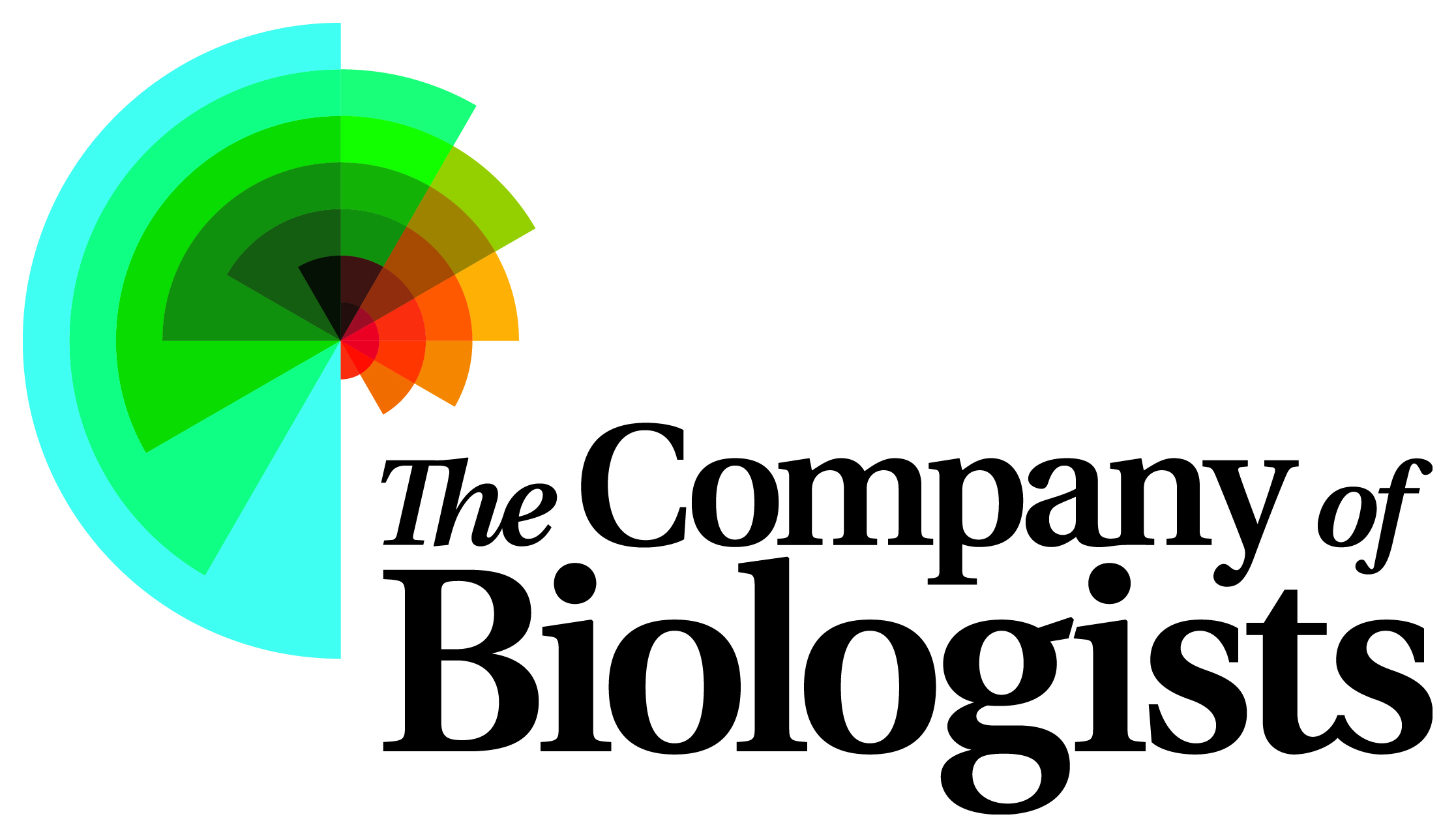Welcome to the Machine Learning for Developmental Biology official webpage!
What do we mean by “Machine Learning”?
Machine learning is the study of algorithms that, given a collection of observations, infer or “learn” a model that explains or characterizes the observations. This learned model can then be used to make predictions in novel datasets or even within the same dataset. With our improving ability to gather vast amounts of data, and with advances in efficiency of hardware and algorithms, machine learning gives us the tools to leverage data to tackle more difficult problems. We can apply any number of machine learning methods to infer models using input datasets in developmental biology including imaging, sequencing, protein structure and function, etc. This symposium will feature talks from leading researchers who have used machine learning in developmental contexts, with an emphasis on introducing machine learning concepts in an in-depth and engaging manner. The symposium will include ample opportunities for questions, discussion, and networking.
What does this mean for Developmental Biology?
First, it means that we are able to gather and analyze data on scales that have traditionally been inconceivable. For instance, in the field of single cell genomics and transcriptomics, datasets have reached the order of hundreds of thousands to millions of cells per experiment. As such, tools such as pseudotime, which orders cells based on the subtle changes present in each cells transcriptome, have been developed to aid in reconstructing complex developmental trajectories and are paramount in making sense of the nuance contained in such large datasets. In the world of microscopy, machine learning has been very successful applied to microscopy data using what is known as a supervised machine learning system to aid in categorizing and scoring subtle phenotypes in millions of cells. Similarly, machine learning can be used to predict protein function in novel proteins as well as aid in engineering proteins with specialized functions. The applications are limitless and we look forward to what the future holds!
Contact Us!
Feel free to leave us a comment by completing the form below!
Our Sponsors!
We would like to extend a heartfelt word of thanks for our sponsors at the Society for Developmental Biology and The Company of Biologists for making this event possible!

